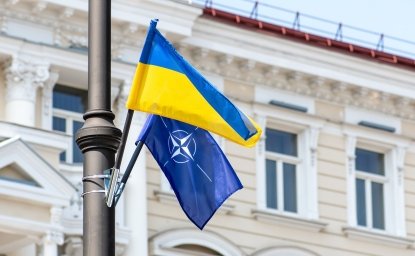The Latest
Germany’s national election resulted in a victory for Friedrich Merz’s center-right Christian Democratic Union (CDU), positioning him to become the next chancellor. The election also saw an unprecedented surge in support for the far-right Alternative for Germany (AfD), which captured 20.8%, making it the second-largest party. Coalition negotiations will be complex, with potential alliances forming between the CDU, SPD, and the Greens to ensure stability and block the AfD from power.
Robin Quinville, Director of the Global Europe Program, provides an overview of the results and their impact. She covers voter concerns about economic stagnation, migration issues related to the large refugee waves from Syria in 2015 and Ukraine in 2022, and the challenges of coalition-building.
-
Transcript
Guest


Global Europe Program
The Global Europe Program is focused on Europe’s capabilities, and how it engages on critical global issues. We investigate European approaches to critical global issues. We examine Europe’s relations with Russia and Eurasia, China and the Indo-Pacific, the Middle East and Africa. Our initiatives include “Ukraine in Europe”—an examination of what it will take to make Ukraine’s European future a reality. But we also examine the role of NATO, the European Union and the OSCE, Europe’s energy security, transatlantic trade disputes, and challenges to democracy. The Global Europe Program’s staff, scholars-in-residence, and Global Fellows participate in seminars, policy study groups, and international conferences to provide analytical recommendations to policy makers and the media. Read more

Explore More
Browse Insights & Analysis
Greenland’s New Governing Coalition Signals Consensus

The Future of France's Far-Right Party

Ukrainian Issue in Polish Elections




